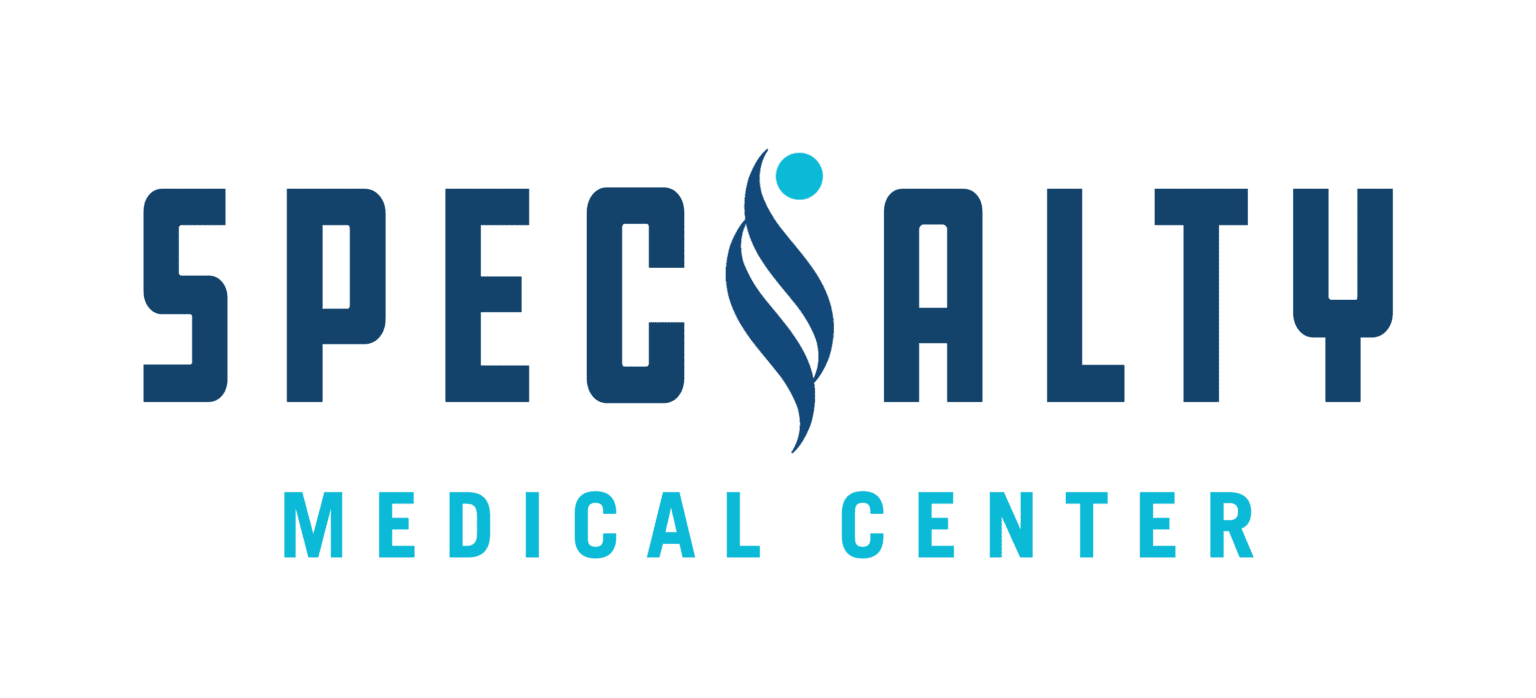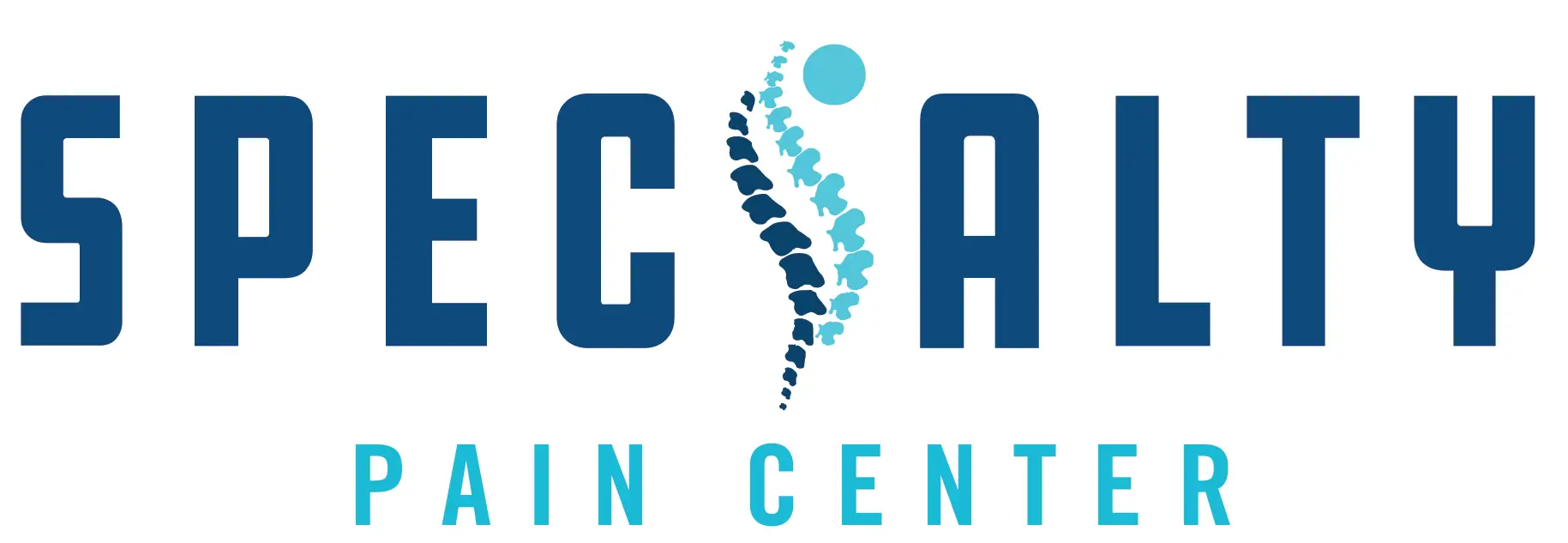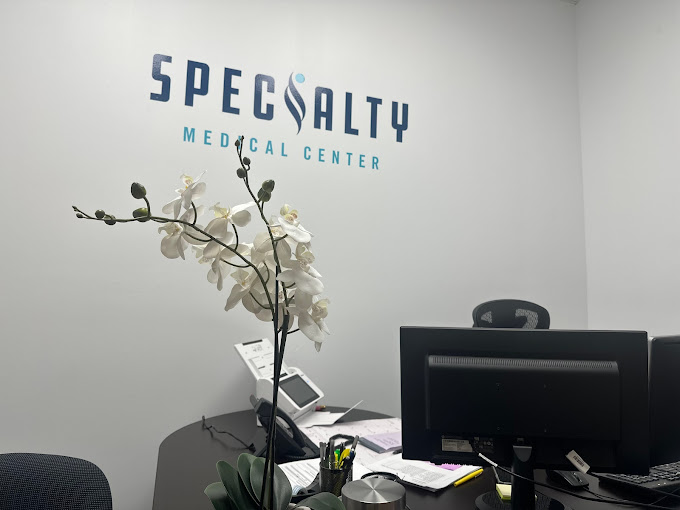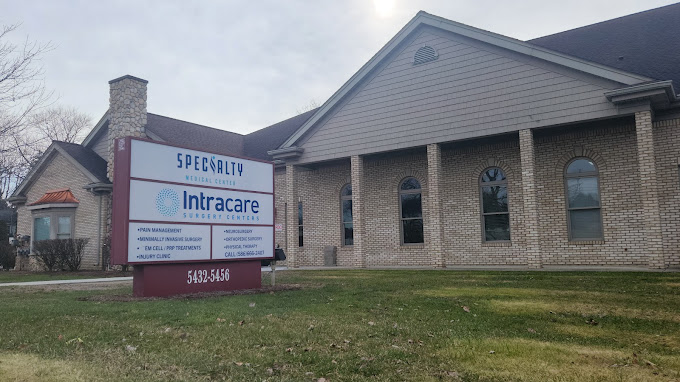TYPICAL USES AND DISCLOSURES OF HEALTH INFORMATION
We reserve the right to modify our privacy practices as permitted by law. Before making any significant changes, we will update this Notice and make the revised Notice available upon request. The terms of the Notice currently in effect will apply to all health information that we maintain, create, or receive, including information collected before any changes were made.
You may access an electronic copy of our Privacy Notice on our website or request a copy at any time by contacting our Privacy Department. Contact details are provided at the end of this Notice.
This Notice describes how we may use or disclose your health information under HIPAA, including for online check-in, online payments, and medical visits at our urgent care centers. We use an electronic medical record system and participate in electronic health information exchanges with health information organizations. Please note that HIPAA does not cover all types of health information that we manage, such as occupational medicine or workers’ compensation visits.
HIPAA permits the use and disclosure of health information for specific purposes without your consent or authorization, including:
Treatment: We may use your health information to provide you with our services. For instance, we may coordinate your care with other healthcare providers or refer you for additional treatment. We may share your health information with other healthcare professionals involved in your care via fax or electronic communication.
Individuals Involved in Your Care or Payment: We may disclose your health information to family, friends, or other individuals you authorize to participate in your care, as long as you agree or as permitted by HIPAA. We may also use our professional judgment to allow someone to pick up your prescriptions or health-related information unless you instruct us otherwise.
Payment: We may use and disclose your health information to seek payment for the services we provide. For example, our billing department may contact your insurance provider to obtain payment or work with other entities to send out statements and collect unpaid balances.
Emergencies/Disaster Relief: We may use or disclose your health information to notify a family member or someone responsible for your care in the event of an emergency, including your location, condition, or death. Whenever possible, we will give you an opportunity to object to this use or disclosure. In emergencies or if you are incapacitated, we will exercise our professional judgment to disclose only the information directly relevant to your care.
Health Care Operations: We may use and disclose your health information to keep our practice running smoothly, including care coordination, case management, customer service, and administrative activities. Personnel with access may include medical records staff, external health reviewers, and others performing similar functions. We may also send you information about treatment options, alternatives, or health-related benefits that may be of interest to you.
Required by Law: We may disclose your health information when mandated by law (such as in response to court orders or subpoenas).
National Security, Intelligence, and Other State and Federal Officials: We may disclose your information as allowed by HIPAA when requested by national security, intelligence, or other government officials, or if you are in the custody of law enforcement.
Military/Veterans: The health information of military personnel and veterans may be disclosed under certain circumstances, such as for lawful intelligence or national security activities.
Abuse, Neglect, or Domestic Violence: We may disclose your health information to appropriate authorities if we have reasonable belief that you are a victim of abuse, neglect, or other crimes, but only as required by law or with your agreement to prevent serious harm.
Preventing Serious Threats: We may use or disclose health information to prevent or mitigate serious and imminent threats to your health or safety or that of others.
Public Health Activities: We may disclose your health information for public health purposes, including reporting product issues, medication reactions, disease exposure, vaccinations, and controlling disease.
Health Oversight Activities: We may disclose your health information for inspections, licensing, and other authorized activities.
Marketing/Sale: We will not disclose your health information for marketing or sale purposes unless permitted by HIPAA or with your written authorization.
Appointment Reminders: We may use or disclose your health information to remind you of appointments through various means, including voicemail messages, postcards, or letters.
Business Associates: We may provide your protected health information to Business Associates who assist us in delivering services. These associates are required to maintain the privacy and security of your health information under HIPAA.
The above list summarizes typical uses and disclosures of health information. HIPAA allows for other uses and disclosures, and we may use and disclose health information as permitted by HIPAA, including in relation to lawsuits, law enforcement, research, fundraising, deceased individuals, organ/tissue donation, psychotherapy notes, and de-identified information. Please contact our Privacy Officer for further details. Incidental uses and disclosures may occur and are not considered violations of your rights; these are by-products of otherwise permitted uses or disclosures that cannot be reasonably avoided. Some health information may have additional protections under state law, which may be stricter than HIPAA.
PATIENT PRIVACY RIGHTS
(Please contact the Privacy Officer to exercise these rights)
Amendment: You have the right to request an amendment of your health information if you believe it is inaccurate or incomplete. Your request must be in writing and include an explanation of why you think the information should be amended. Your request may be denied in certain situations.
Non-routine Disclosures: You have the right to request a list of non-routine disclosures we have made of your health information, known as an “accounting.” In accordance with HIPAA, you can request a list of certain disclosures made within the past six years that were not related to treatment, payment, or healthcare operations, disclosures to you, or those based on your authorization, with some exceptions.
Request Restrictions/Confidential Communications: You have the right to request additional restrictions on our use or disclosure of your health information and to receive confidential communications at alternative locations or by alternative means. We are not required to agree to most of these requests, but if we do, we will comply with our agreement (except in emergencies). If you or someone on your behalf has paid in full, you can request that we do not submit that healthcare item or service to a health plan for payment; we generally must agree to your request unless disclosure is required by law.
Breach: If there is a breach involving unsecured protected health information (PHI), we will notify affected individuals in accordance with HIPAA.
PATIENT RIGHTS AND RESPONSIBILITIES
Access to Care: You have the right to access and request amendments to your medical records.
Safety: You have the right to receive safe, high-quality care.
Respect: You have the right to be treated with dignity and consideration regarding your healthcare.
Communication: You have the right to clear information about services, treatment options, and costs.
Participation: You have the right to be involved in decisions regarding your care.
Privacy: You have the right to the privacy and confidentiality of your personal information.
Comment: You have the right to express your comments and have your concerns addressed.
Health Records: You have the right to refuse the release of your personal health information, except as required by law.
Interpreter Services: You have the right to have clinic personnel or language line services available to assist patients and family members with language barriers. Please let us know if you require such assistance.
PATIENT RESPONSIBILITIES
Advance Care Directive / Power of Attorney / Guardianship: Please inform your healthcare provider if you have a current Advance Care Directive or Power of Attorney, or if you are under a guardianship order.
Safety: Communicate any safety concerns you may have.
Respect: Consider the wellbeing and rights of others.
Communication: Provide accurate and complete information regarding your medical history and ask questions when necessary.
Participation: Follow your treatment plan and participate to the best of your ability.
Services: You have the right to refuse care or services.
Complaints/Feedback: Direct any complaints to a staff member or a member of management.
HOW TO EXERCISE YOUR HIPAA RIGHTS; QUESTIONS AND COMPLAINTS
You may write or email us with your specific requests, including requests for forms to exercise







